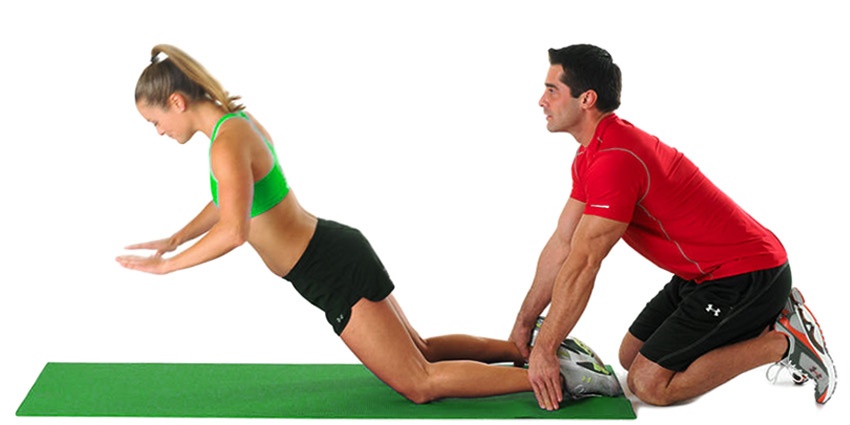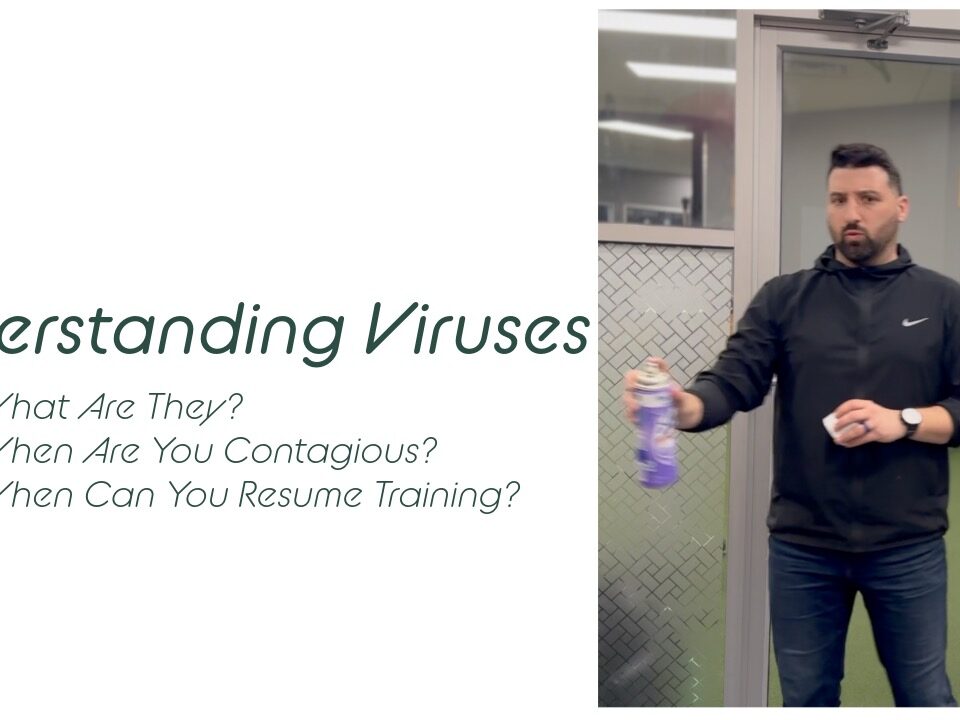
Preventing Hamstring Injuries
October 26, 2019
Stress Fractures
November 9, 2019Diastasis Recti Abdominis (DRA):
Changing the Narrative
I recently attended a course titled The Female Athlete: Core and Pelvic Floor hosted by the innovative and intelligent Antony Lo & co-instructors Teresa Waser and Kerri Grace. Here are some thoughts I took out of the course and want to share with you! Credits go out to the teaching staff for making me want to empower my patients even more!
Empowering new moms & athlete’s to be strong, capable, adaptable and resilient
As a physical therapist, I love seeing people get back to doing what they love. It is challenging when I have an individual walk through my door and tell me, “Well, my doctor, physical therapist, trainer, etc. ,told me that I can never do ______ again or else ______ will happen.” That first blank tends to be something they love, and the second blank tends to be something negative. Let’s stop negatively scarring mindsets and change the narrative.
This is a story I commonly hear concerning a relatively normal part of pregnancy. Diastasis Recti Abdominis (otherwise known as diastasis recti or DRA) happens in nearly all women during pregnancy. Did you know that a DRA can occur during exercise or it can be present from birth? Mind shocker- it can also occur in males!
A DRA is a separation of the linea alba, the connection that holds the “six-pack” together. Often, new moms will feel as if they have a “mommy tummy” or as I’ve heard numerous times, “that their insides are falling out.” Although there is a lot of self-testing information out there, this should truly be tested by an OBGYN, physical therapist, or other healthcare provider who is knowledgeable in the area. Sometimes, it’s not always a DRA.
For many years, diastasis rectus has been looked at as a “problem” that may be correlated with things such as incontinence or pelvic organ prolapse. How can something that occurs normally be such a “problem”? Truthfully, women have been scared. I want you all to know, these things aren’t proven or even well associated when looking at research. So, is it really a problem?
DRA has hindered many women from returning to exercises or sports they once loved. Ladies let me tell you that you CAN return to doing what you want. Instead of being told to never perform this or that, how would you feel if someone told you that it is only a temporary restriction. Or wait, what if you never really needed to be held back in the first place? Listen, you don’t have to avoid planks, crunches or sit-ups forever. Sometimes, these things are what you need to help heal!
I know that there is so much information at your fingertips. What you read on the internet is not always correct. Often, it is either too restrictive or too lenient in nature. It can also scare one into not wanting to return to exercise or activity. I’ve seen several women who have been scared about working out because they think they have a DRA, while in fact, they do not.
If I told you that women with 4-6 finger width diastasis recti returned to doing crossfit, how would you feel? Well, luckily enough, I was able to see evidence of this and hear stories about it during the class I recently took. No, these women did not have “organs that were falling out” nor were they “peeing their pants” or in pain. They were happy, confident, and able to move as they pleased! You can do it too, with guidance!
If I can offer one piece of advice, find the right person to help guide you through your journey. Diastasis Recti doesn’t need to be “fixed” as it shouldn’t be viewed as a “problem”. It’s a natural part of a woman’s pregnancy journey and it shouldn’t hinder you from returning to doing what you love. If body aesthetics are not an issue, don’t rush to surgery. If you want a flat tummy again, don’t hesitate to have an abdominoplasty! No one should judge you!
Once you find your person, let your guide help you regain your strength. Let them help you feel capable, adaptable and resilient. If something doesn’t work for you, there is always another way. As Antony Lo repeatedly says, “If something doesn’t work, do something different.”
For more information regarding DRA and returning to activity, please do not hesitate to reach out and ask questions. We would love to help guide you back into being the best you possible!
For some free resources regarding DRA, check out @physiodetective on Instagram! #theDRAproject





